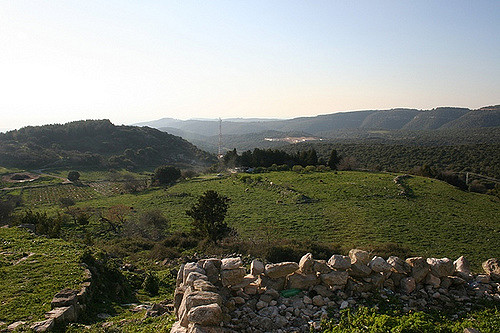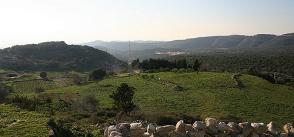
Healthy food and strong communities: a recipe for Palestinians’ future
A Palestinian community foundation is working with local communities to help them regain control of their resources and reduce their reliance on foreign aid.
When Aisha Mansour moved to Ramallah nine years ago, she was surprised to discover local shops and markets stacked with imported groceries.
As the descendant of Palestinian farmers, Mansour had expected to find a vibrant farming lifestyle similar to the one her grandparents led before her family emigrated to the United States in the 1970s.
“I come from an agrarian family, so it was a real shock for me,” she recalls. “As much as 94 percent of the food Palestinians eat, including staples like lentils and sesame seeds, is imported! We are losing our environmental and cultural heritage. This is a catastrophe for a nation like Palestine.”
She soon started volunteering in agricultural community projects and co-founded a group promoting food sovereignty in Palestine. She went on to take a Masters degree in international cooperation and development at Bethlehem University.
Today, Mansour, 42, is the executive director of the Dalia Association, a Ramallah-based civil society organisation working with Palestinian communities to mobilize local resources and sustain local development.
The group, supported by EED, allocates grants to help communities better utilise their resources and become more self-reliant.
While the projects backed by Dalia focus on different aspects of local development, Mansour says reviving agrarian traditions plays a central role in the group’s mission to bolster the Palestinian economy and preserve their cultural and ecological heritage.
Read the full article by By Claire Bigg via European Endowment for Democracy.
[Photo by gnuckx | Flickr]







